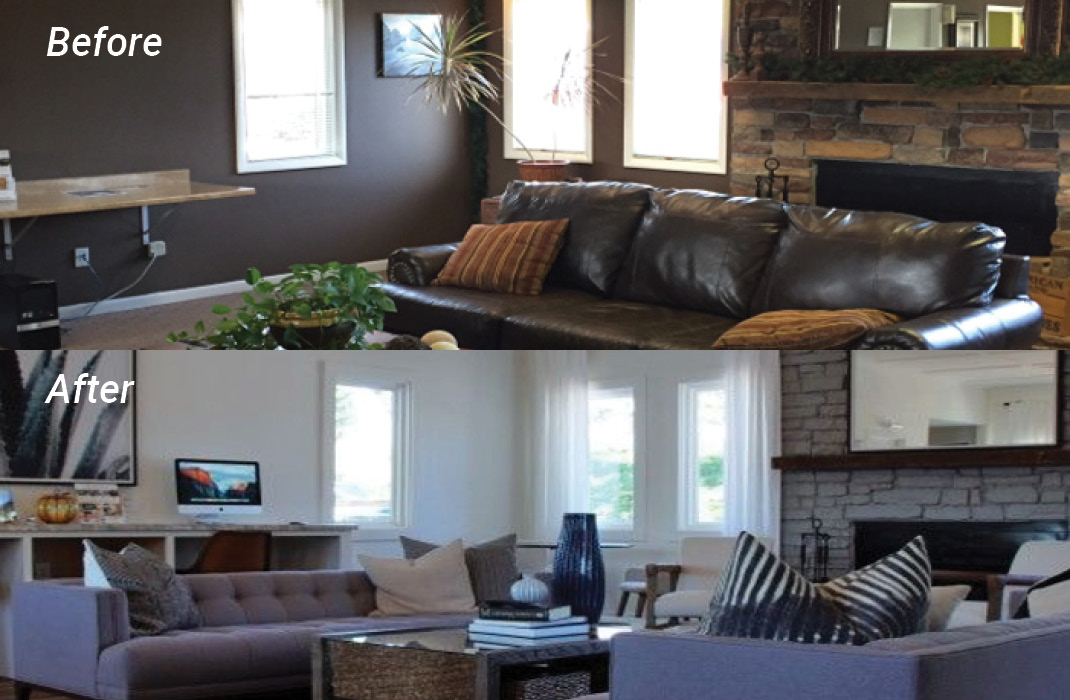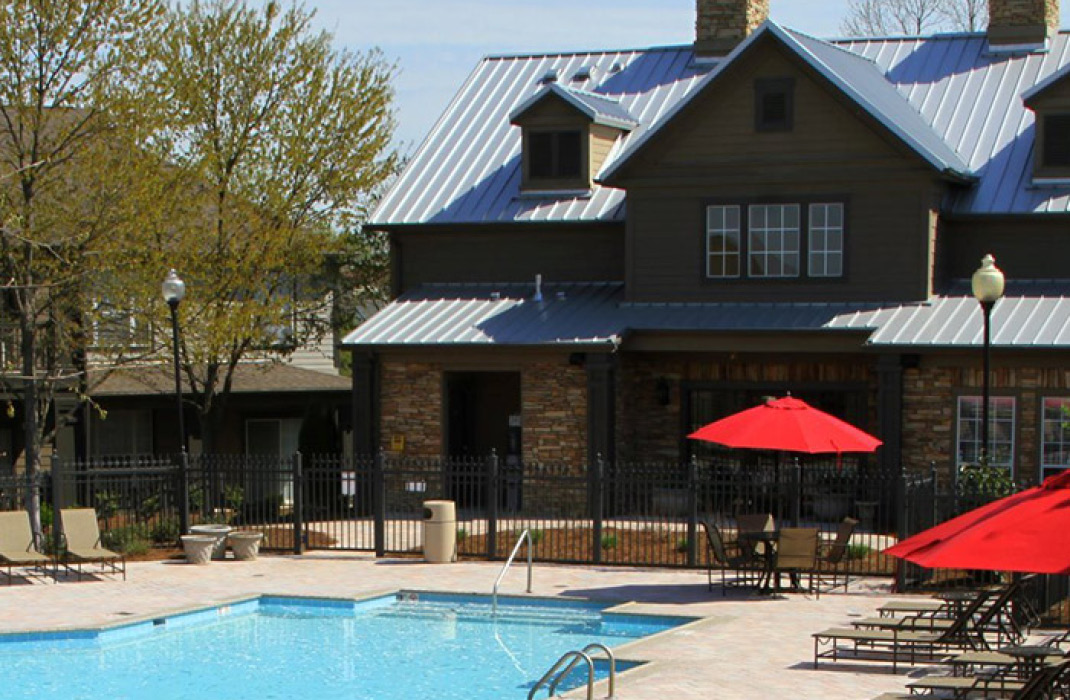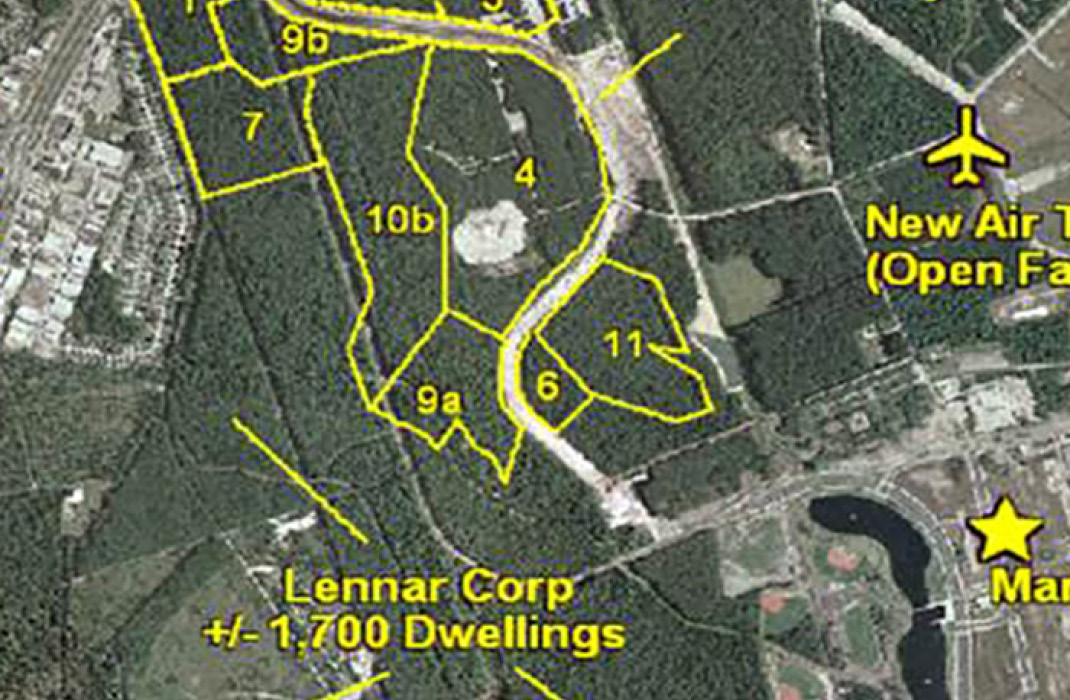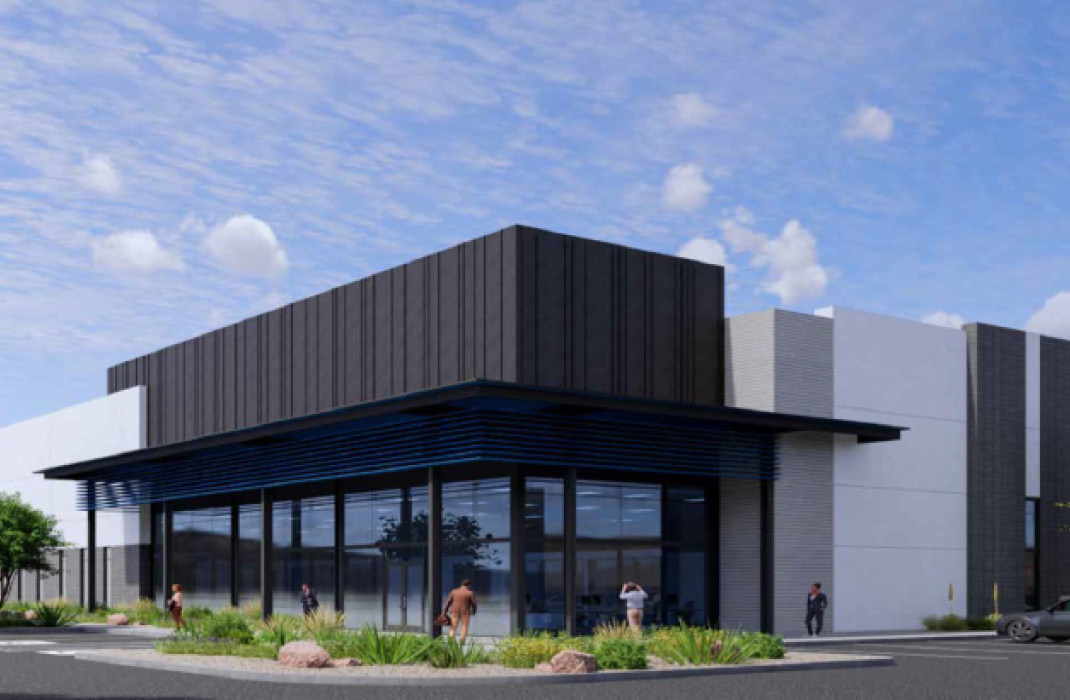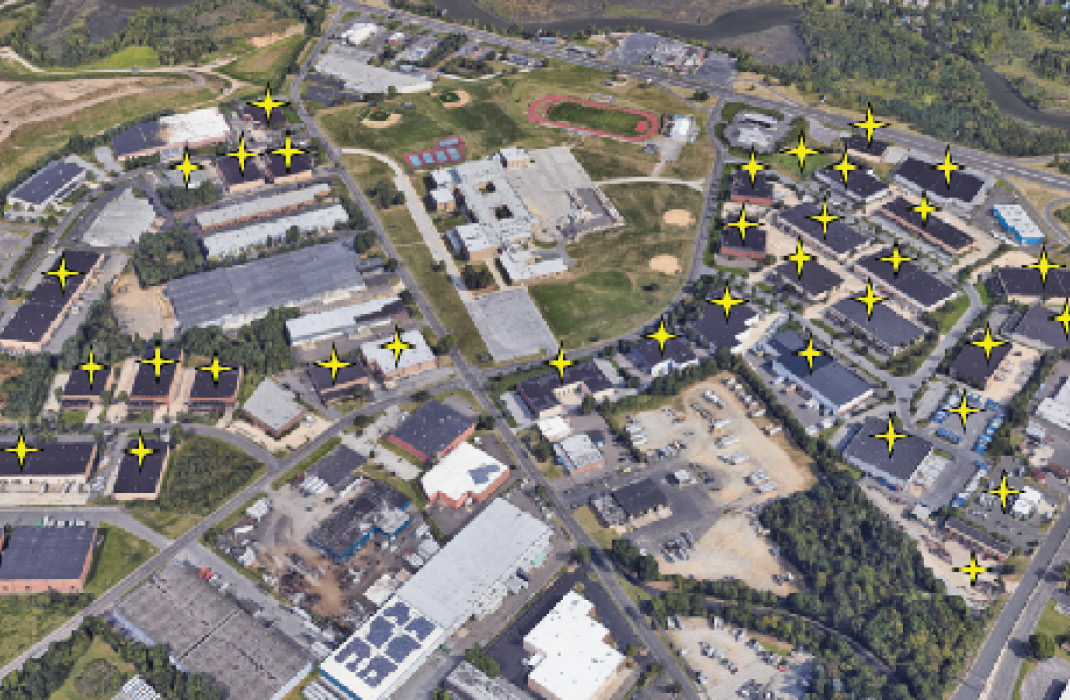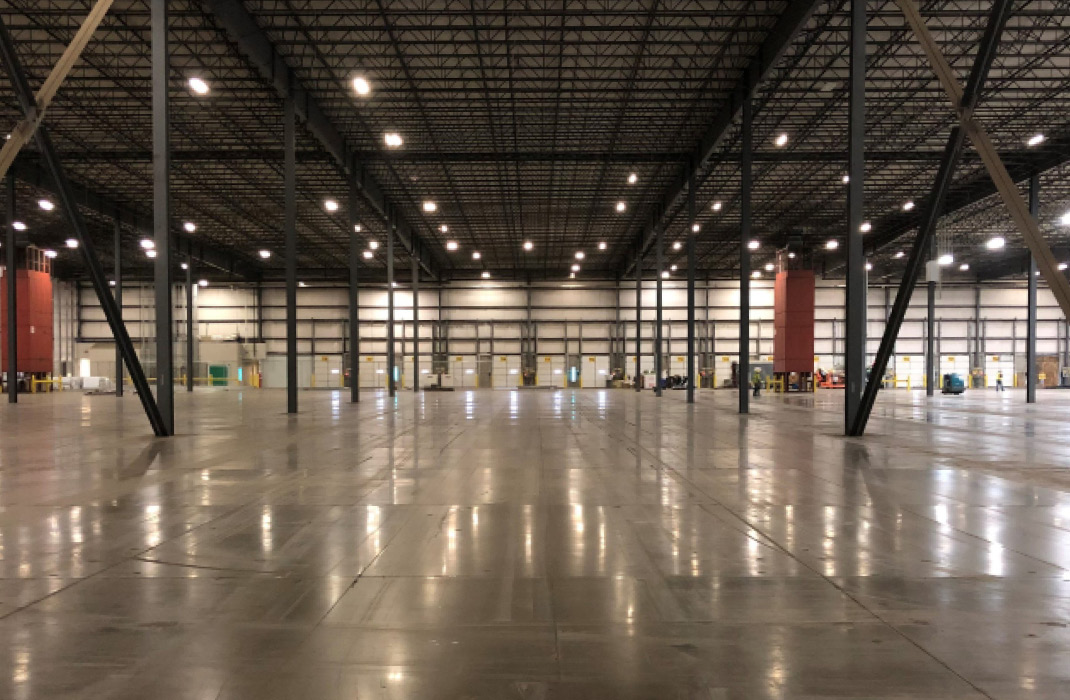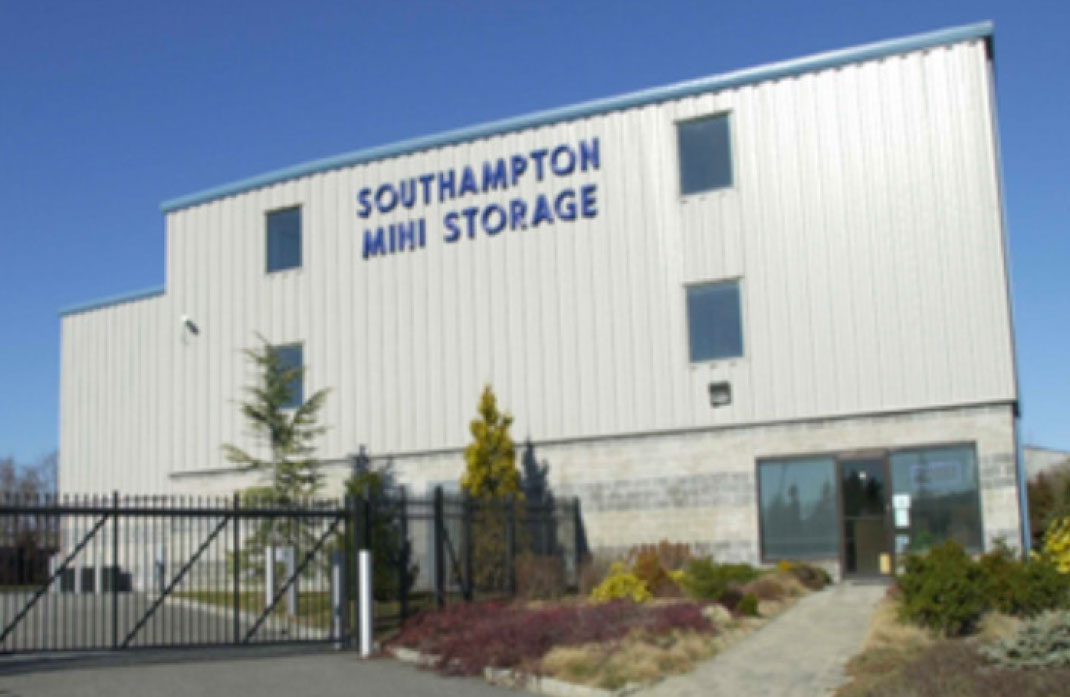Featured in Real Estate Weekly
Sharp learning curve puts money maker Lewis on the fast track to next big thing
By Konrad Putzier
Many developers spend their entire career specializing on one region or asset type. Peter C. Lewis has found success by doing the exact opposite.
Over his almost 30 years in real estate, the chairman, president and founder of Wharton Equity Partners has switched from developing master-planned communities in Greater New York to acquiring self-storage units, to purchasing multifamily buildings in the South and Midwest, and then back to buying multifamily buildings in Greater New York.
“I’ve always looked at the world and said ‘What’s going on and how can we take advantage of it’,” he said. “We want to be adjusting to the times and not be beholden to any particular strategy or asset class.”
This flexibility has not only led him into unchartered real-estate territory, but also made him an investor in emerging growth companies such as tech startup dataminr – a company that mines Twitter for breaking news.
Right now, Lewis believes the times are favoring multifamily buildings in cities such as New York or Miami.
Wharton Equity bought a two million square foot development site in Miami last year, and hopes to invest an another $250 million in New York and Miami in 2014 – half of Wharton’s planned total investment volume for 2014.
Lewis, a native of Great Neck, Long Island, did not start out in real estate.
After graduating from Wharton with a BS, he began a career in banking in the early 1980s. Lewis worked as a credit analyst at Manufacturers Hanover Trust, got an MBA at Columbia and had a year-long stint at Arthur Andersen (“not my cup of tea”), before earning his spores in investment banking at E.F. Hutton on Wall Street.
As an analyst, he worked in the division that financed real-estate projects for three years. “I was getting antsy,” he recalled. “I didn’t like the bureaucracy and I wanted to be the guy who buys the building, not just the provider of capital.”
In 1986, Lewis left E.F. Hutton and decided to set out on his own. Together with David E. Eisenberg, Wharton’s current CEO, the ambitious twenty-something bought a development site for a shopping center on Long Island.
“I really didn’t know what I was doing,” he recalled. “It’s a whole different story when you are the recipient of capital, instead of just providing the money. But nothing speeds up the learning process more than knowing your financial survival depends on it.”
In the end, Lewis and Eisenberg flipped the site for almost a $1 million profit, and used the money for a deposit on a 317-unit residential development site in Montville, NJ. With the help of Howard Blitman and his construction company, who gave the two no-names much-needed credibility among investors, Lewis and Eisenberg built the 317-unit townhouse and condo complex, Montville Chase. The project gave Wharton Equity its first credentials as a developer.
Over the following years, the company developed several residential projects in Greater New York. But in the mid-90s, Lewis noticed that land in and around New York was becoming scarcer and more expensive.
“We concluded the housing business wouldn’t be for us unless we moved to places like Florida or California,” he said. “So we moved into income-producing properties, setting our sights initially on self-storage buildings.”
“It was a fantastic business — no one ever called and complained that the water wasn’t running properly.”
Wharton Equity started off by buying almost 80 percent of all self-storage units in the Hamptons, rebranding them, and selling them for a profit. Then, the firm repeated the exercise, buying 6,500 storage units in Long Island City, the Bronx and Yonkers from GE Capital.
Lewis painted the buildings purple to make them stand out, unified them under one brand name, and sold them to Northwestern Mutual Life for a substantial profit.
Around 2006, Lewis formed an opportunity fund with an institutional partner in anticipation of the pending downturn.
The fund acquired a mixed-use project in Lexington, Kentucky as well as two warehouse buildings in midtown Manhattan, specializing in high-end art storage. Facing a difficult fund-raising environment, Lewis subsequently sold his interest and set his focus on multifamily acquisitions.
Wharton Equity has been making up for lost time, buying more than $400 million in multifamily projects, consisting of over 6,400 units in eight states, in less than two years.
Last month, Wharton Equity announced the acquisition of a $250 million, 18-property multifamily portfolio.
Kenneth Hoff, president of Multi Housing Equity Partners, who helped source and structure the deal on behalf of Wharton Equity, is actively involved in helping the company find additional properties to acquire in NYC and the southeast.
Despite his busy schedule, Lewis has found time to teach a younger generation the tricks of the trade.
He has taught a class in entrepreneurship at Columbia University, and said he is looking to teach at the University of Pennsylvania’s Design School this spring. Lewis, who is married with three children and lives in Old Westbury, said he is far from done.
“I’d like to see if we can do more than $500 million in acquisitions this year,” he said, adding that he plans a “major push” in New York multifamily and hospitality.
“We are moving into a stage of the real estate cycle where the theme will be urban,” Lewis said. “Real money will be made designing cool projects in cities like Miami and New York that cater to renters seeking social, lifestyle-type living in a vertical environment.”
Then he added: “I think we can go bigger. It’s not my ego, it’s more a question of: why not? Setting high goals and achieving them is the highest joy.”
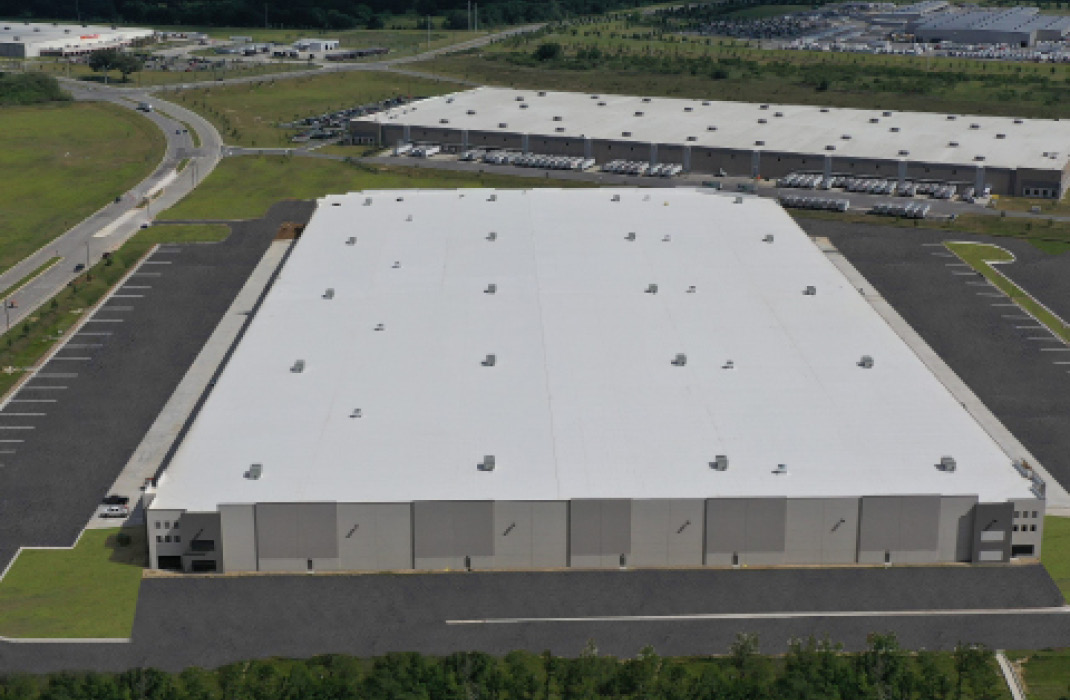

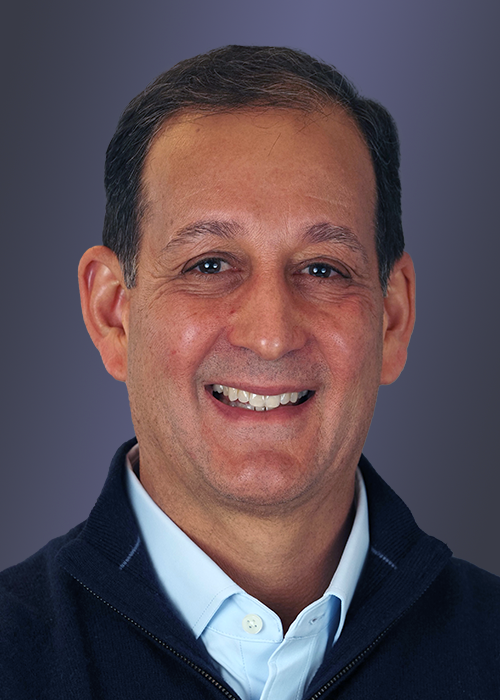 Adam E. Krupp
Adam E. Krupp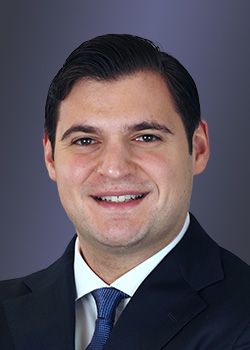 Nicholas Aileo
Nicholas Aileo



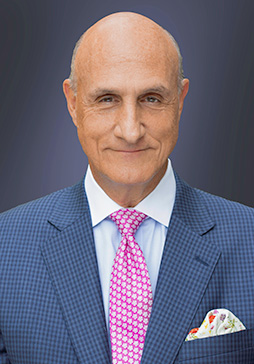

 Gary Korn
Gary Korn Ilaina Sperling
Ilaina Sperling Teddy Lewis
Teddy Lewis Jack Wolff
Jack Wolff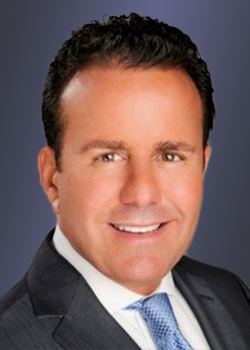 David E. Eisenberg
David E. Eisenberg






